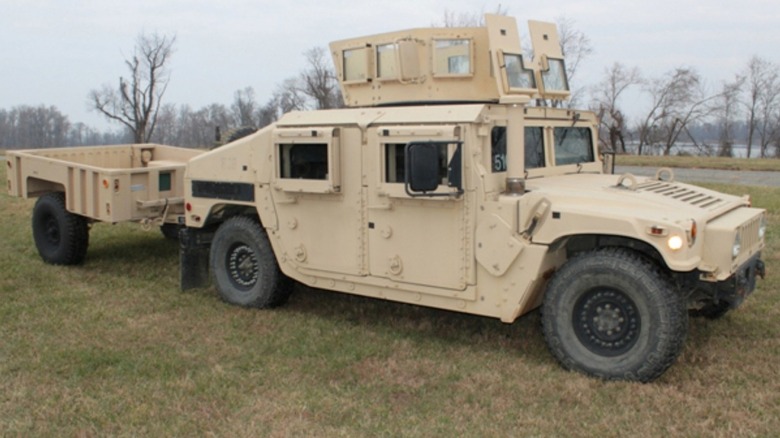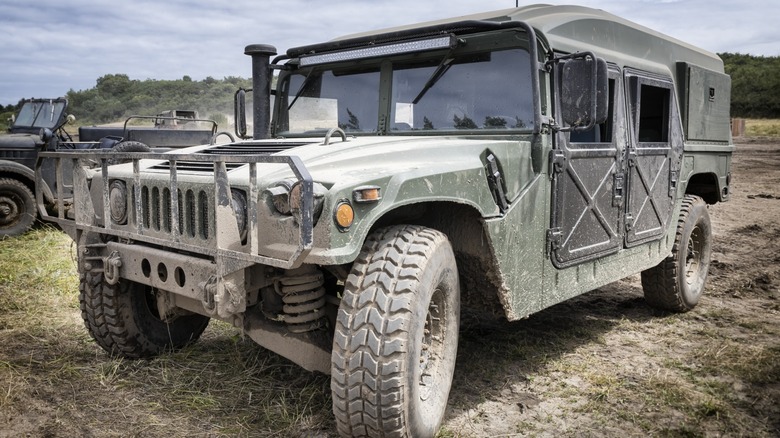Do US Military Humvees Use Diesel Engines?
The military-grade Humvee, an easier to pronounce version of HMMWV, which is short for High Mobility Multi Wheeled Vehicle, is one of a handful of military vehicles that civilians can own. It was developed in the early 1980s, entering military service as a replacement for the highly successful Jeep.
The first Humvee model to enter service, the M998, featured a more robust design than the Jeep so it could haul a heavier payload. With a curb weight of 5,200 pounds capable of carrying 2,500 pounds of payload with its 7,700-pound Gross Vehicle Weight (GVW) rating, it was powered by a 6.2-liter V-8 diesel engine. Newer Humvees, like the M1097A2, M1113, M114, and M1165, feature a 6.5-liter diesel V8 engine.
So, the answer to the question presented here is yes, military Humvees use diesel engines. However, the military doesn't typically fill the Humvee's 25-gallon fuel tank with diesel fuel.
What fuel do military Humvees use?
It may sound odd that military Humvees don't use diesel fuel even though they have diesel engines. The U.S. military uses Jet Propellent 8, or JP-8, to fuel a wide variety of military vehicles, including the motorcycles used by military special operations.
JP-8 is technically a kerosene-based jet fuel similar to the Jet A-1 fuel used in commercial airliners, except the military infuses it with additives that allow it to work with diesel engines. Before 1980, the Army used a variety of fuels for the different vehicles it used for, or to support, battle operations. The complex logistics and storage requirements of maintaining multiple fuel types led to the adoption of a single-fuel policy and the widespread use of JP-8.
In addition to Humvees and Special Ops' motorcycles, JP-8 is used in M1 Abrams tanks, Bradley Fighting Vehicles, armored personnel carriers, helicopters, and tactical generators according to the U.S. Army. But that doesn't mean you should pick up a drum of JP-8 from your local Army Surplus and pour it into the tank of your diesel truck.
A study performed at the University of Michigan lists benefits of JP-8 as a diesel engine fuel, such as potentially lower emissions and cleaner fuel injection system operation. However, the downsides of using JP-8 as a diesel fuel alternative are significant. For example, JP-8 is less energy-dense resulting in higher fuel consumption and its inconsistent cetane can lead to misfires and hard starting or engine knocking and piston damage.

